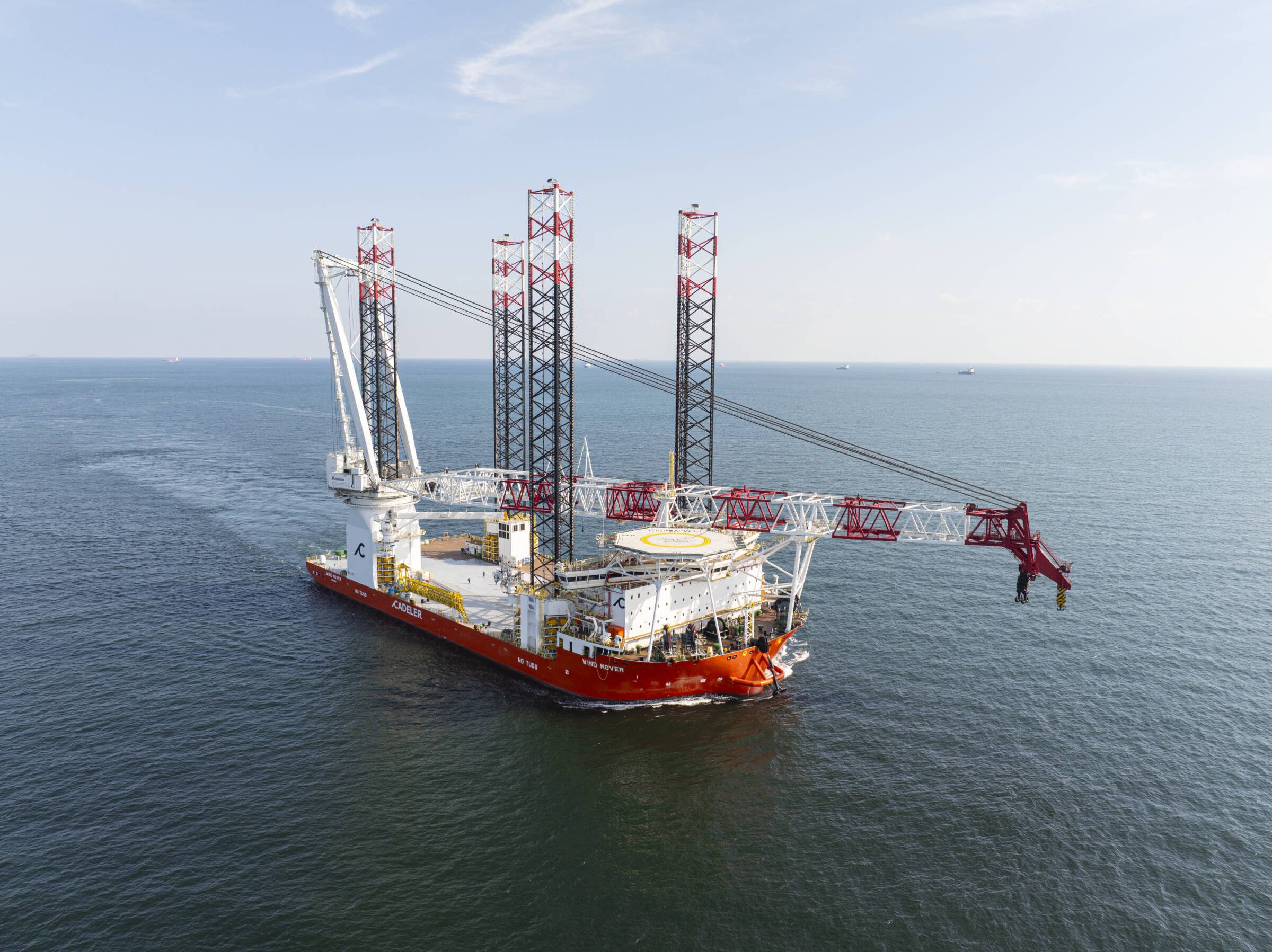The Department of the Interior has announced new policy measures to accelerate the exploration and development of offshore critical minerals essential for the nation’s energy, technology, and defense sectors. These changes aim to streamline the approval process while maintaining environmental protections.
“We’re making decisive moves to secure America’s leadership in critical minerals—resources that power our economy, protect our national security and support modern life,” said Acting Assistant Secretary Adam Suess. “By eliminating unnecessary delays and maintaining strong environmental protections, we’re creating a clear path for responsible development that strengthens both our communities and our country.”
The Bureau of Ocean Energy Management (BOEM) and the Bureau of Safety and Environmental Enforcement (BSEE) are updating policies across all development stages to create a more efficient and predictable offshore minerals program. Key changes include extending prospecting permits from three to five yearsand identifying potential development areas without first issuing formal requests for information or forming joint task forces—potentially saving months or even years in the process.
Once leases are issued, BOEM and BSEE will consider offshore critical mineral projects for expedited permitting under the Department’s emergency procedures. When requested by lessees, BOEM will consolidate exploration, testing, and mining plans into a single review to reduce duplication.
The U.S. Geological Survey will support these efforts through its Global Seabed Mineral Resources project, which studies mineral-rich areas within U.S. waters and international territories. Acting Assistant Secretary Scott Cameron noted that research missions like the Aleutian Archipelago expedition are helping build detailed seafloor mineral maps to guide responsible development.
Earlier this month, the Department initiated its first offshore mineral lease evaluation in over 30 years near American Samoa. The process began in April when Impossible Metals submitted a formal lease sale request to BOEM. U.S. waters are estimated to contain one billion metric tons of polymetallic nodules rich in manganese, nickel, copper, and other critical minerals.
Despite potential economic benefits, the project faces challenges. Environmental groups have raised concerns about impacts on marine biodiversity, and international waters present complex jurisdictional issues.
BOEM has committed to ensuring compliance with environmental protection laws throughout the process. A Request for Information is scheduled for publication in the Federal Register soon, launching a 30-day public comment period.

 Join The Club
Join The Club










